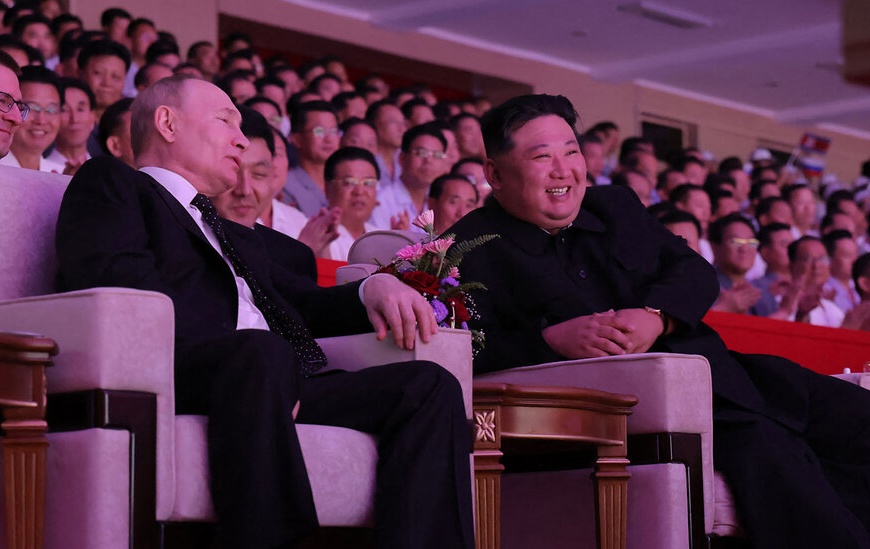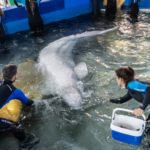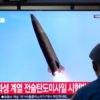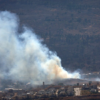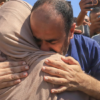With ballistic missiles regularly flying nearby, Japan and South Korea need little reminder of the threat that North Korea and its nuclear arsenal pose to its neighbors. But the stunning revival of a Cold War-era mutual defense agreement during a visit this week by President Vladimir V. Putin of Russia to Pyongyang, the North’s capital, amped up the pressure on some of the hermit kingdom’s closest neighbors.
Mr. Putin and North Korea’s leader, Kim Jong-un, agreed that if one country found itself in a state of war, then the other would provide “military and other assistance with all means in its possession without delay,” according to the text of the agreement released Thursday by the North’s official Korean Central News Agency.
Analysts were still sorting through the text of the agreement to understand how far it would extend, either in terms of Mr. Putin’s war in Ukraine or any future conflict on the Korean Peninsula. But the pledge, along with indications that Russia could help bolster North Korea’s continuing quest to build its nuclear capabilities, rattled officials in Tokyo and Seoul.
Mr. Kim has grown increasingly hostile toward South Korea and this year abandoned a longtime goal of reunifying with the South, however unlikely that might have been. Now he describes the South solely as an enemy that must be subjugated, if necessary, through a nuclear war. And he has often tested his ballistic missiles by flying them toward Japan, demonstrating North Korea’s provocative stance toward its former colonizer.
Mr. Kim’s alliance with Mr. Putin, analysts said, would escalate tensions in northeast Asia by sharpening a divide between the democratic partnership among the United States, South Korea and Japan on the one side, and the autocratic camp of Russia, North Korea and China on the other.
“It is bad news for international efforts to prevent North Korea from advancing its nuclear and missile technologies,” said Koh Yu-hwan, former head of the Seoul-based Korea Institute for Unification Studies.
